FDA Underestimates Gulf Coast Residents’ Exposure to Carcinogens in Seafood
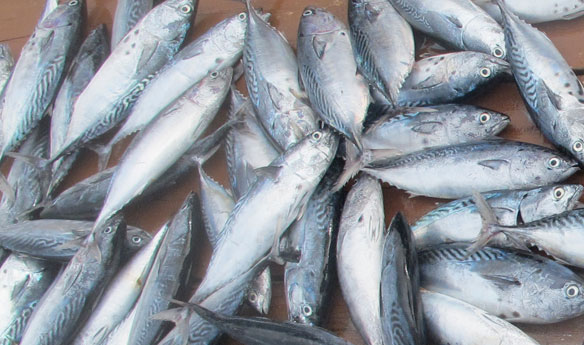
A survey of Gulf Coast seafood consumption habits released by the NRDC reveals that many Gulf residents are eating far more seafood, far more often, than the federal government has acknowledged, bringing Gulf seafood safety standards under renewed scrutiny. The survey revealed that the rate of shrimp consumption in coastal communities significantly exceeded the estimates used by FDA to calculate a safe level of exposure to PAHs.
Report Finds Oil-Drilling Inspectors in Disarray
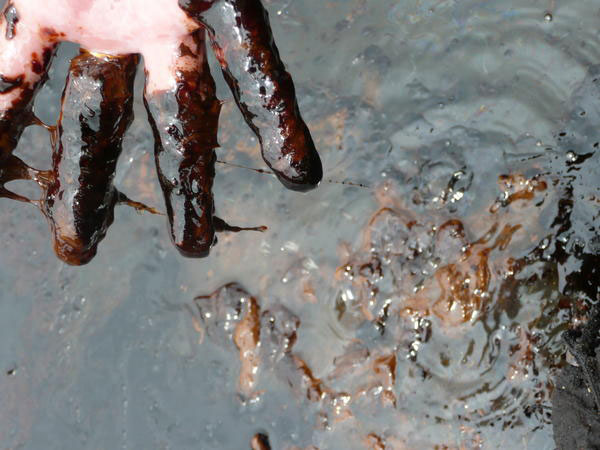
Federal inspectors charged with ensuring the safety of offshore oil drilling are overwhelmed, insufficiently trained, work without official procedures for some of their most crucial decisions and sometimes have insufficient support from their supervisors for resisting industry influence, report says.
National monument status urged for Arctic refuge
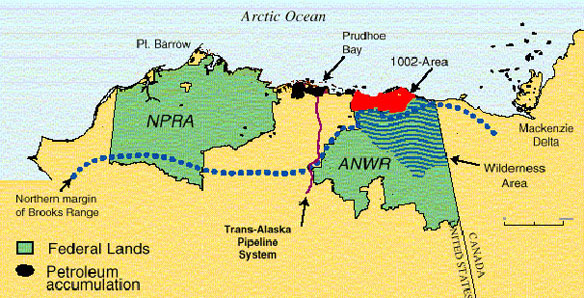
The US President is being urged to bestow national monument status on the Arctic National Wildlife Refuge for its 50th anniversary in what supporters say would finally put the refuge’s coastal plain beyond the reach of oil companies. National monument status could put an estimated 11 billion barrels of recoverable oil beyond the grasp of oil companies forever.
US closes shrimping near oil spill as precaution
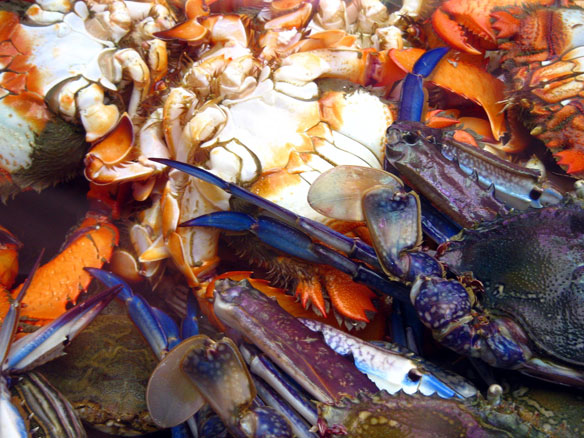
The precautionary measure was taken after a commercial shrimper, having hauled in his catch of shrimp, discovered tar balls in his net.
Lessons from Deepwater Horizon Oil Spill

Now that the immediate crisis is over, the accident clearly illustrates the need for continuous oceanographic monitoring of all American coastlines and the need for rapid sharing of information, both of which were in short supply immediately following the oil spill disaster.
Where’s the Gulf oil? In the Coastal Planktonic Food Web, Study Says
The eye-opening speed of how the oil components moved through the ecosystem may affect the overall health of the Gulf and beyond.
Scientists find damage to coral near BP well
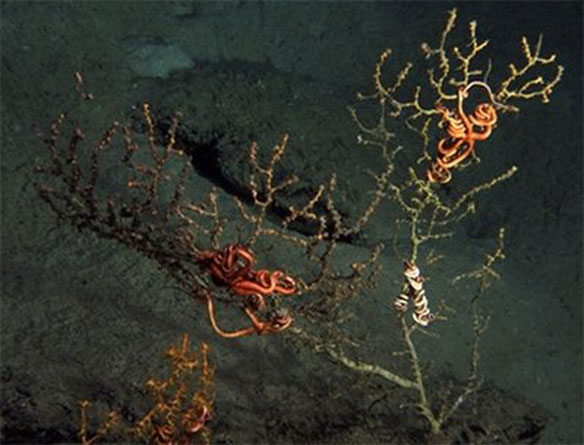
For the government, the findings were a departure from earlier statements.
Gulf Oil Spill: Recent photos Show Disaster Is Far From Cleaned Up
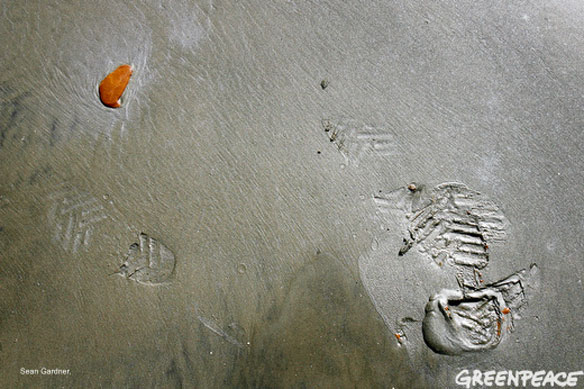
Although BP plugged the well and it was declared effectively dead in mid-September, the catastrophe is far from over for the Gulf residents impacted from the spill and the natural environment likewise devastated in the aftermath.
BP Oil Well Threatens Ancient Coastal Libyan Sites
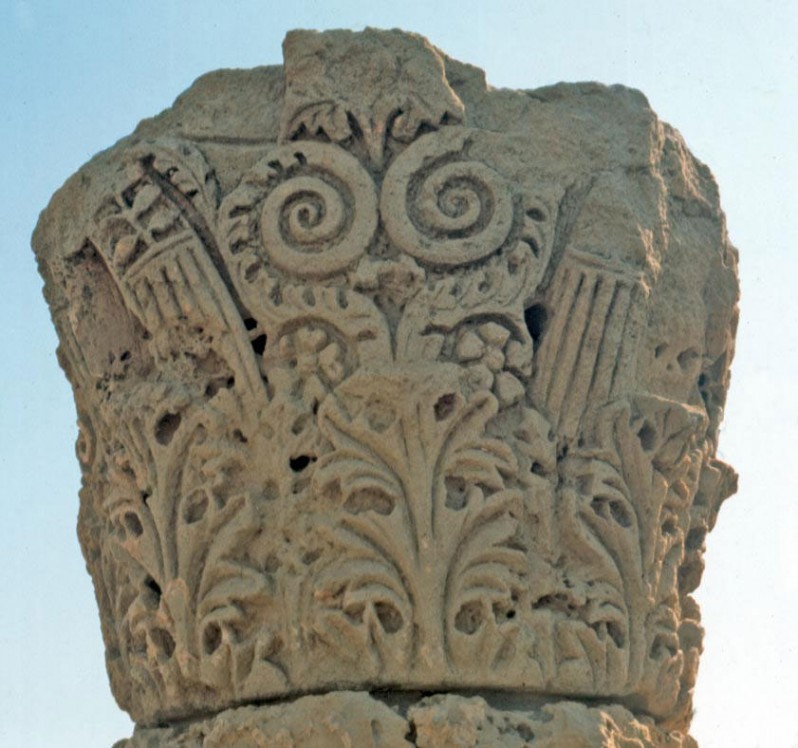
Plans by the energy giant BP to sink an oil well off the Libyan coast could have disastrous consequences for the region’s rich heritage of coastal ancient city sites dating from the 7th century BC– already under threat from oil tankers, coastal erosion and tourist developments.
